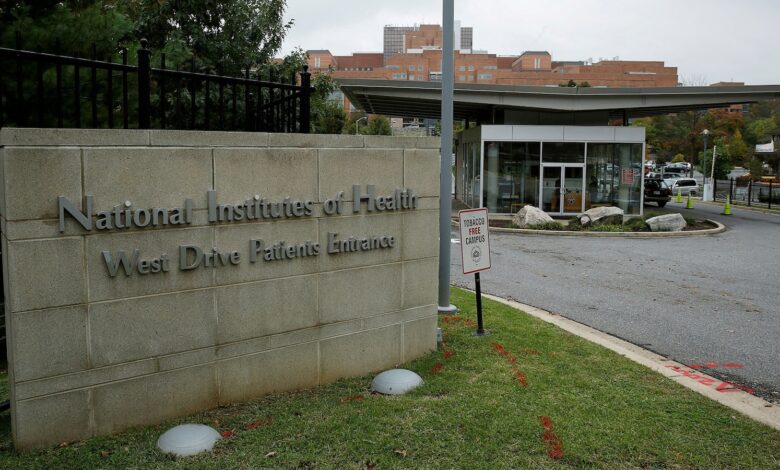Federal judge rules Trump directives canceling NIH grants are ‘void,’ ‘illegal’

A recent ruling by a federal judge in Massachusetts has deemed directives from the Trump administration that resulted in the cancellation of several research grants from the National Institutes of Health (NIH) as “void” and “illegal.” The judge, U.S. District Judge William Young, stated that the termination of these grants, which were focused on LGBTQ+ issues, gender identity, and diversity, equity, and inclusion (DEI), violated federal law and constituted racial and LGBTQ+ discrimination.
The cancellation of these grants sparked two lawsuits, one led by the American Public Health Association and the other filed by a group of 16 states. Estimates suggest that up to $1.8 billion in research funding was affected by these cancellations. Judge Young, appointed by President Ronald Reagan, has ordered the NIH to reinstate the terminated grants.
In response to the ruling, Andrew Nixon, the director of communications for the Department of Health and Human Services, defended the administration’s decision to end funding for research that prioritized ideological agendas over scientific rigor. Nixon stated that the agency is committed to supporting programs rooted in evidence-based practices and gold standard science, rather than being driven by divisive DEI mandates or gender ideology. The HHS is exploring legal options, including filing an appeal and seeking a stay on the order.
One of the plaintiffs in the case, Dr. Brittany Charlton, an associate professor at Harvard T.H. Chan School of Public Health, had all her grants terminated by the NIH. One of the terminated grants focused on documenting obstetrical outcomes for lesbian, gay, and bisexual women, while another examined how discriminatory laws impact the mental health of LGBTQ+ teens.
Charlton expressed relief and hope following the judge’s decision to reinstate the grants, stating that it felt like justice and affirmed the value of the research and the communities it serves. The terminations of these grants came in the wake of President Trump’s executive orders aimed at dismantling DEI initiatives and defending against what he referred to as “gender ideology extremism.”
According to termination letters reviewed by ABC News, the administration justified the cancellations by stating that the projects did not align with the priorities of the current administration and were considered unscientific and lacking in return on investment. The termination letters cited a policy of NIH not prioritizing research programs based on gender identity and deemed them incompatible with agency priorities.
In conclusion, the ruling by Judge Young serves as a significant victory for researchers and the LGBTQ+ community, emphasizing the importance of evidence-based research and inclusivity in scientific endeavors. The reinstatement of these grants marks a step towards rectifying the discriminatory actions taken by the previous administration and upholding the value of research that addresses critical issues facing marginalized communities.





